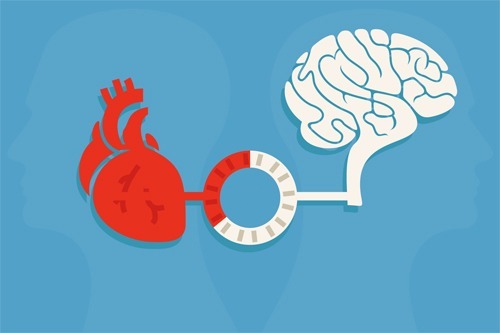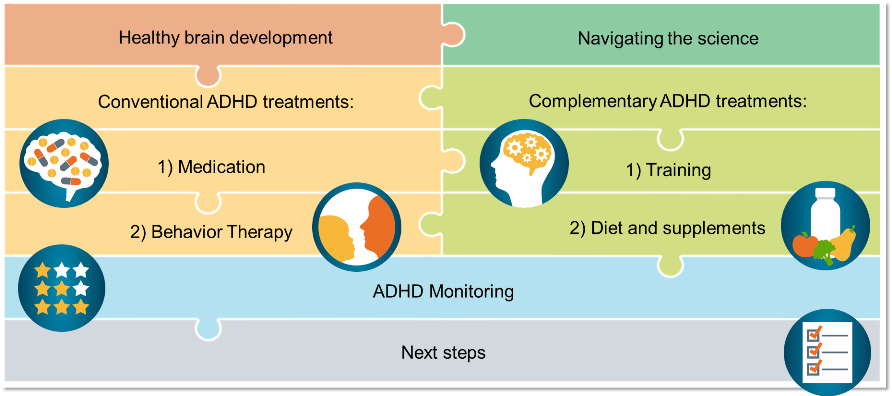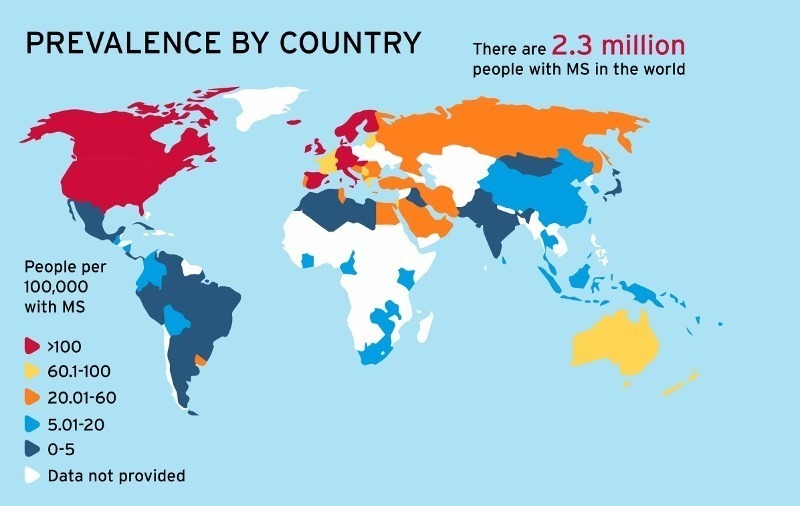Posts Tagged ‘medication’
Update: Survey of scientific, technological & market trends revolutionizing Brain Health in our Digital Age
—– Time for a new edition of SharpBrains’ e‑newsletter exploring the latest digital brain health technologies, neuroscience findings and insights for lifelong brain health and mental health. New tools: Survey of key scientific, technological and investment trends revolutionizing Brain Health in our Digital Age Is Your iPhone Really Frying Your Brain? Five Things You Need To Know The Canadian…
Read MoreStudy: Cognitive Behavioral Therapy (CBT) + Medication outperforms CBT alone to treat ADHD symptoms among adults. At the same time…
Although medication is the primary treatment for adults with ADHD, and has good empirical support, many adults would rather not take it. For these adults with ADHD, it would be helpful to know whether medication is likely to provide significant benefits above and beyond those they would gain from well-conducted therapy, or whether they are…
Read MoreDiscouraging new findings about pediatric care for children with ADHD: Often, best-practice guidelines are not followed
Most children with ADHD receive their care from community-based pediatricians. Given the large number of school-age children who require evaluation and treatment services for ADHD, and the adverse impact that poor quality care can have on children’s development, it is important for children to routinely receive care in the community that is consistent with best-practice…
Read MoreNow available — Online Course: How to Navigate Conventional and Complementary ADHD Treatments for Healthy Brain Development
In order to successfully promote children’s healthy brain development, every parent whose child has been diagnosed with ADHD should learn how to systematically navigate and monitor the range of potential ADHD treatments based on the latest scientific evidence. This course aims at providing the necessary information, frameworks and toolkits to make well-informed decisions, in conjunction…
Read MoreNext: Scalable, medication-free relief of cognitive symptoms related to Multiple Sclerosis (MS)
———- At-Home Cognitive Remediation May Provide Medication-Free Symptom Relief for Neuropsychological Issues Associated with Multiple Sclerosis (press release): “Cognitive impairment is one of the core symptoms of multiple sclerosis (MS)—and one of its most troubling concerns for many people with the condition. Now, a new study from NYU Langone Medical Center may provide hope for…
Read MoreSystematic evidence review finds cognitive behavioral therapy as effective as antidepressant medicines in treating depression
Depression: Treatment Beyond Medication (The Dana Foundation): “Major depressive disorder affects nearly 7 percent of people in the US aged 18 and up, according to the Depression and Bipolar Support Alliance. Those who seek treatment will most likely be prescribed a second-generation antidepressant medication such as a selective serotonin reuptake inhibitor (SSRI), tricyclic antidepressant (TCA),…
Read More





